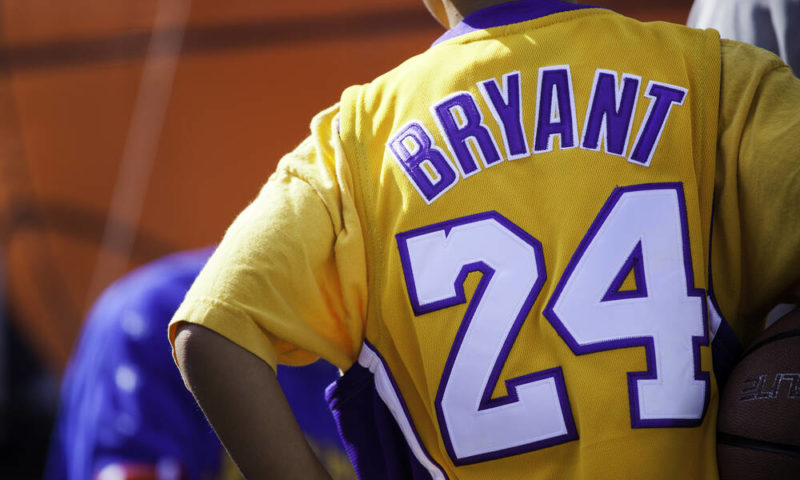
In the wake of a high-profile helicopter crash that killed nine people, including NBA star Kobe Bryant, death is on many minds this week. An HR expert offers advice on how associations can help staff after the death of one of their coworkers.
The recent deaths of NBA star Kobe Byrant and eight others in a helicopter crash is a reminder that death can occur unexpectedly. For associations thinking about how they’d deal with the loss of a staff member, Laura Viehmyer, SPHR, CEBS, an HR expert and principal consultant at PRM Consulting Group, said there are some important steps to take.
Step one is notifying colleagues. “In all cases, you’re going to communicate with the workforces that you lost a member of the employee family,” Viehmyer said. “What you say beyond that is going to depend on the circumstances.”
Due to privacy laws, organizations cannot say much else about the death. Employees can die by suicide, murder, or other causes family members do not want publicized, so it’s important to get the family’s permission to provide a cause of death.
“Your announcement generally is, ‘We regret the sudden passing of …’” Viehmyer said. “You want to talk to the family to see what information they want to share. In one case, where an employee succumbed to lymphoma, most of the workforce knew. However, because it’s protected health information, we asked the family and we got approval to put that in the announcement.”
After an association notifies employees, it should then make them aware of employee assistance program benefits. EAPs typically offer grief counseling for those struggling. In some circumstances, employers may bring in a grief counselor for the entire office.
“I was in a situation where an employee passed away in the room across from my office,” Viehmyer said, noting the man in his 40s died of a heart attack during a meeting with colleagues. “We brought in grief counselors. For the people who were in the room when this person passed away, we put a special program together that was much more intense, and then a general program for everyone else.”
In addition, Viehmyer said the association should have a single point of contact who deals with the decedent’s family. Usually, it’s an HR person, but in a small-staff organization, it might be the association’s leader. The point of contact should find out and share with staff information about funeral services, condolence calls, or family requests. If memorial services are open to the public, staff should be encouraged to attend and given company leave for that.
In the immediate aftermath of the death, it’s also important to balance workplace duties and grieving. “There are a lot of positives in working to operate as usual, so that the flow of normal business operations aren’t adversely affected,” Viehmyer said.
However, people close to the decedent may struggle. “You would want to look at those situations on an individual basis,” Viehmyer said. “You can extend the opportunity for time off, or push off a deadline, and accept requests from people who feel they need to take some time.”
While it may be tempting to hold an office remembrance event, Viehmyer cautions that could set precedent. “If you choose to do that, then you’re going to create an expectation that for each employee passing, you’re going to do something serious,” she said. “There may be exceptions—if it’s the leader of the organization. And it also comes back to what the family wants too.”

"colleague" - Google News
January 31, 2020 at 01:05AM
https://ift.tt/38QfuhL
How to Help Staff Cope With the Death of a Colleague - Associations Now
"colleague" - Google News
https://ift.tt/2Uvr5Ps
Shoes Man Tutorial
Pos News Update
Meme Update
Korean Entertainment News
Japan News Update

No comments:
Post a Comment